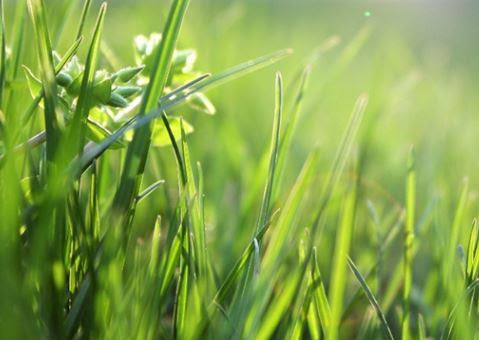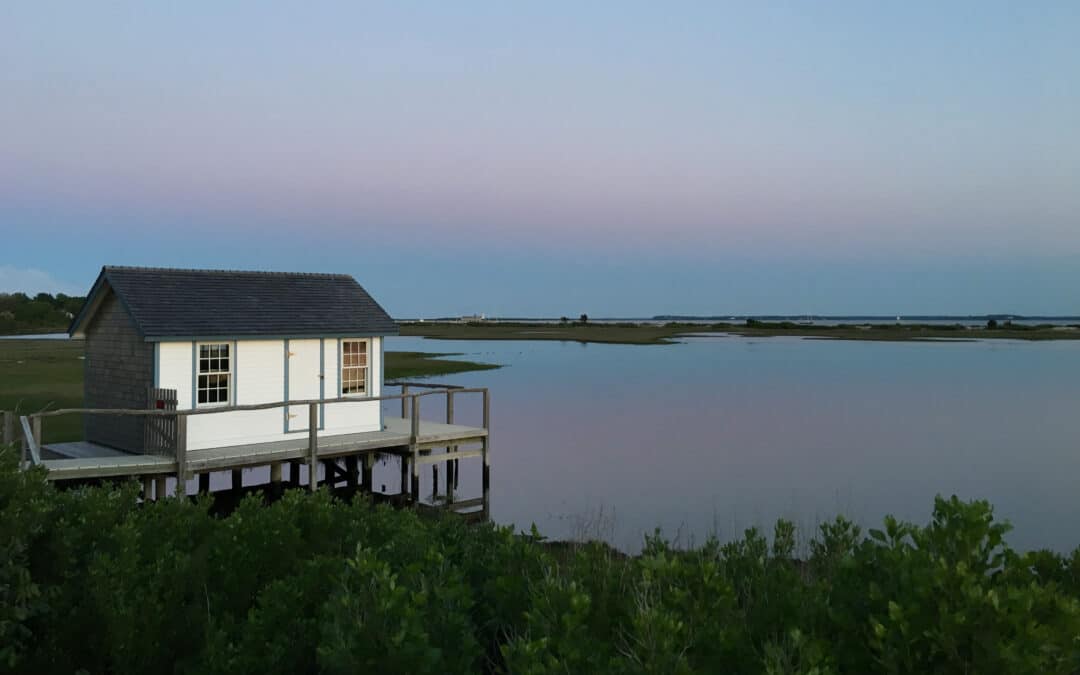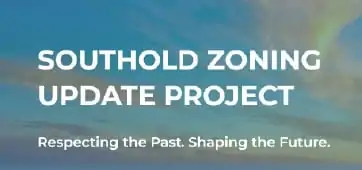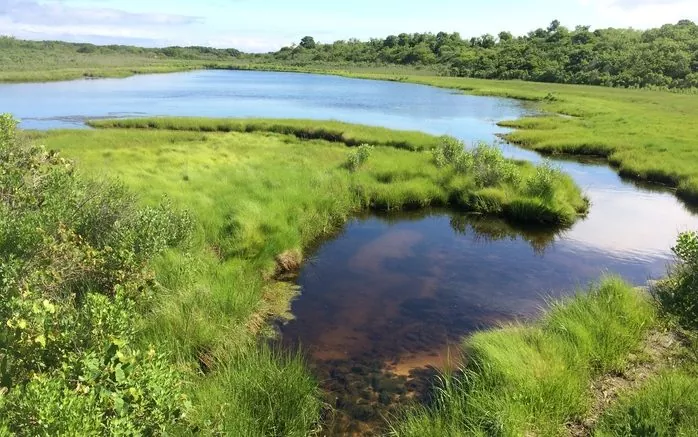|
Five Tips for an Eco-friendly Lawn It’s almost spring and lawn care is on the minds of many Long Islanders. Fertilizer is often thought of as a key ingredient to a healthy, vibrant lawn but fertilizer use, especially improper application, can be harmful to the environment. Excess nitrogen in fertilizer pollutes our waterways, negatively impacts aquatic life and interferes with fishing, swimming and boating. In fact, fertilizer is the second leading source of nitrogen contamination of Long Island waters; residential wastewater is the primary source. In this issue of the LINAP newsletter, we review several ways to care for your lawn while protecting coastal waters, as well as our drinking water supply. Most important, fertilizer should not be applied before April. Grass simply cannot efficiently absorb fertilizer at this time. Furthermore, it is illegal to fertilize your lawn in Nassau and Suffolk counties before April 1. To be clear, lawns are not a natural landscape feature and usually require high maintenance. If having a lawn is your preferred landscape option, then follow the suggestions below to help decrease the likelihood of overapplying fertilizer and, therefore, reduce the amount of excess nitrogen that enters groundwater and surface water.
For more information, please visit the following resources: NYS DEC Lawn Fertilizer webpage |

Take the Pledge! Commit to Personal Steps to Reduce Nitrogen Pollution!
Small steps can lead to big changes and there are plenty of actions we can take to reduce nitrogen in our waterways and create a cleaner future for our most precious resource.
The pledge outlines 11 ways you can reduce personal nitrogen pollution every day:
- Be smart – fertilize your lawn responsibly but it’s best to not use fertilizers at all!
- Keep grass clippings on the lawn and bag your leaves.
- Replace your septic system or cesspool with an innovative and advanced treatment system.
- Sweep up any fertilizer that falls on walkways and driveways. Keep fertilizer, grass clipping and leaves out of storm drains.
- Direct downspouts into plant beds or the lawn rather than onto walkways and the driveway.
- Plant native trees and other plants in your yard.
- Leave a wide strip of deep-rooted plants along the shoreline.
- Pick up pet waste and reduce “poo-lution” (even in your own backyard).
- Drive less and consolidate trips when you run errands.
- Use a commercial car wash rather than washing your vehicle at home.
- Spread the word; encourage friends and family members to take the pledge and help reduce nitrogen pollution!
Take the pledge and be recognized as a leader in our community that takes action for a cleaner and healthier environment.
Click here to take the pledge!
Grant Insights and Highlights- A Sustainable Landscaping Funding Opportunity
ReWild Long Island is an island-wide education and advocacy non-profit organization working with local communities, organizations, and government entities to promote sustainable landscaping. ReWild Long Island provides educational programs and tools to assist local efforts in the regeneration of traditional native landscapes. Initiatives include pollinator-friendly organic vegetables, composting, and soil-building.
Most recently, ReWild Long Island has initiated a grant program for community groups interested in creating and maintaining sustainable public gardens. The ReWild Garden Program provides free plants, tools and expertise for qualifying community groups.
Recent Happenings

Orient Water Forum – Saturday, October 25th Poquatuck Hall 9:00am-12:30 pm

Southold Zoning Update Project – July 29, 2025 3-4pm


